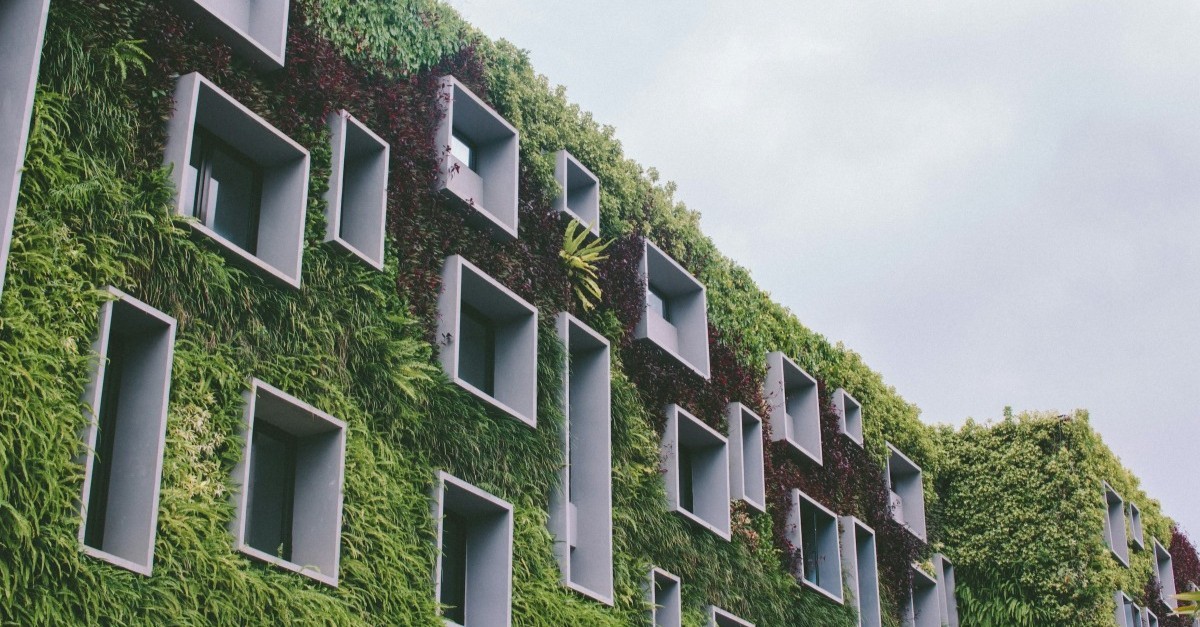
If you're thinking about investing in property or already living in Portugal, you’ve likely noticed a growing focus on sustainable living and green development. Sustainability is no longer a buzzword — it’s quickly becoming the standard for residential and commercial real estate across the country.
Whether you're purchasing a modern apartment in Lisbon or restoring a historic villa in the Algarve, ESG (Environmental, Social, and Governance) standards are now shaping how properties are built, valued, financed, and sold. For international buyers in Portugal, understanding this shift is key to making smart, future-proof investments.
Why sustainability is now essential in Portuguese real estate
Across Europe — and especially in Portugal — eco-conscious design and energy-efficient construction are becoming non-negotiable in property development. According to the CBRE European Investor Relations Survey 2025, 95% of investors now consider sustainability a core factor in their decisions. And it’s not just investors — banks, developers, and even tenants are prioritising green credentials.
In fact, properties that don’t meet ESG criteria are now viewed as high-risk. They’re more difficult to finance, harder to sell, and vulnerable to devaluation as new EU regulations take hold.
The role of EU regulations
New directives such as the Corporate Sustainability Reporting Directive (CSRD) and the Corporate Sustainability Due Diligence Directive (CSDDD) are pushing companies to report on their climate goals and environmental performance. This trickles down into the real estate market, meaning homes and commercial spaces must increasingly comply with sustainability reporting and energy-efficiency standards.
Even if you're buying as an individual, these rules affect how properties are built, retrofitted, and valued — especially in urban areas like Porto or Lisbon, where regulation is tightening fastest.
What this means for property buyers in Portugal
As a foreign buyer, you’re in a unique position to take advantage of Portugal’s shift towards greener housing — but you need to know what to look for.
1. Green buildings are the future — but no longer a bonus
Sustainable homes used to be seen as an upgrade or “nice to have”. Today, they’re the baseline. From solar panels and triple-glazed windows to better insulation and energy monitoring systems, green features are now standard in new builds and premium renovations.
What’s more, banks are increasingly offering better financing terms for eco-certified properties, which could translate into lower interest rates or improved mortgage conditions for buyers.
2. Renovated properties offer smart investment potential
You might be surprised to learn that 80% of the buildings that will be in use by 2050 already exist today. As a result, there's a strong push to retrofit and modernise existing properties — especially in Portugal’s historic city centres and countryside.
These upgraded homes often offer excellent long-term value, with lower utility bills, higher tenant demand, and improved comfort. In fact, deep retrofits can reduce operating costs by up to 35%.
For expats or second-home buyers looking for character-filled homes with modern standards, this presents a perfect opportunity.
3. Unsustainable homes are becoming risky
If you're considering buying an older property that hasn’t been updated, it’s important to think long-term. Buildings that fail to meet evolving ESG requirements may face future penalties, financing issues, or resale challenges.
Put simply: green homes are more attractive to future buyers, renters, and lenders — and more resilient against future regulation.
Sustainability: a key driver for long-term value in Portugal
From Lisbon to Lagos, sustainability is reshaping the property landscape. And for international buyers, this trend offers a valuable guidepost for smarter investments.
Whether you're planning to live in Portugal full-time, use your property as a holiday home, or rent it out, prioritising energy efficiency, healthy living spaces, and green building features is more important than ever.
Sustainability is no longer a luxury or a niche feature — it’s the new normal. And in a country that enjoys 300 days of sunshine a year, embracing green living makes both environmental and financial sense.
Thinking of buying a property in Portugal? Look for homes with strong energy certifications, modern insulation, solar integration, and eco-conscious design. The greener your property, the brighter its future. Find property for sale in Portugal on idealista.
